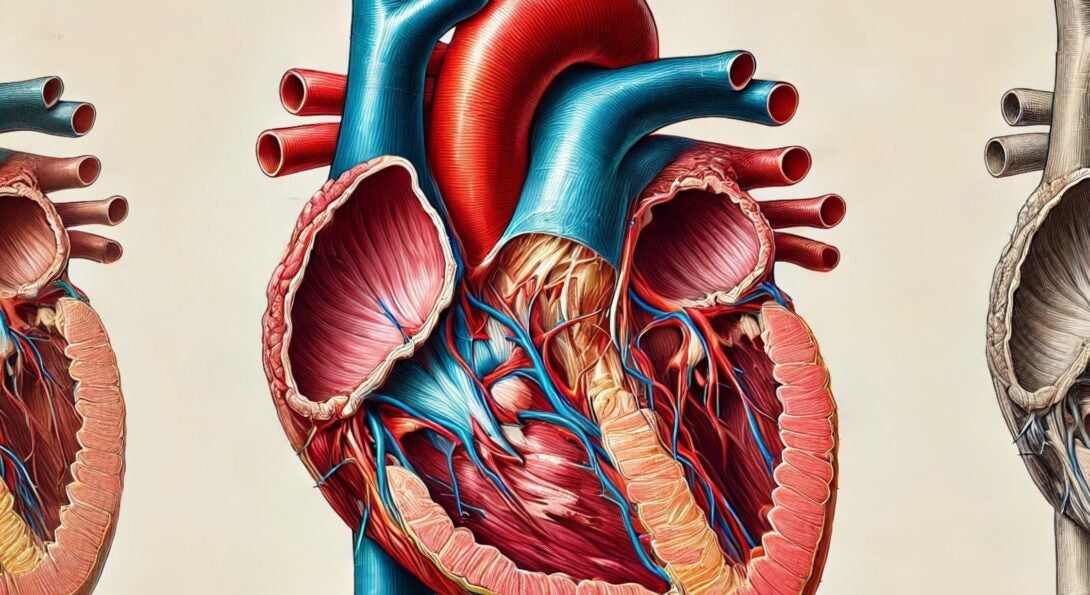Resuscitation Research Fellowship

The Resuscitation Research Fellowship stands at the forefront of emergency medicine research, offering fellows the opportunity to contribute to innovative advancements in Out-of-Hospital Cardiac Arrest (OHCA), In-Hospital Cardiac Arrest (IHCA), ultrasound technology, and translational science through the Center for Cardiovascular Resuscitation (CCVR). By combining clinical and translational research with mentorship and professional development, this fellowship prepares participants to lead innovations in resuscitation science and transform patient outcomes.
Mission and Goals Heading link
Fellowship Mission
The mission of the Resuscitation Research Fellowship is to advance the science of emergency medicine by training the next generation of researchers in clinical and translational methods, with a focus on improving outcomes for patients experiencing cardiac arrest and other critical cardiovascular conditions.
Fellowship Goals
- Innovative Research: To engage fellows in research on Out-of-Hospital Cardiac Arrest (OHCA), In-Hospital Cardiac Arrest (IHCA), hypertension, and other critical conditions, partnering with Illinois Heart Rescue and the Center for Cardiovascular Resuscitation (CCVR).
- Ultrasound Advancements: To explore the use of ultrasound technology to identify and mitigate risk factors for cardiac arrest, such as hypertension, and to develop innovative diagnostic and therapeutic applications.
- Translational Science: To bridge the gap between laboratory discoveries and bedside treatments by investigating mechanisms of cardiovascular dysfunction and testing novel therapies for post-resuscitation care.
- Comprehensive Training: To equip fellows with expertise in research methodology, data analysis, grant writing, and professional development, preparing them for leadership roles in emergency medicine and successful funding acquisition.
- Improving Patient Outcomes: To advance protocols and technologies that enhance patients’ survival rates, neurological recovery, and overall quality of life after cardiac arrest.
Program Structure Heading link
The Resuscitation Research Fellowship provides a well-rounded training experience that integrates hands-on research, skill-building, and professional development. The program is designed to ensure fellows gain expertise in clinical and translational research while contributing to impactful projects in resuscitation science.
-
Core Research Areas
Fellows focus on a variety of critical topics, including:
- Out-of-Hospital Cardiac Arrest (OHCA): Research and initiatives such as Illinois Heart Rescue to improve community responses and survival rates for sudden cardiac arrest.
- In-Hospital Cardiac Arrest (IHCA): Innovative neuroprognostication protocols and resuscitation strategies.
- Ultrasound Technology: Exploring the use of ultrasound for identifying and mitigating risk factors such as hypertension.
- Translational Science: Collaborative work with the Center for Cardiovascular Resuscitation (CCVR) to develop and test novel therapies bridging lab discoveries and clinical applications.
-
Skill Development
The program emphasizes comprehensive training in research fundamentals, including:
- Research question development and methodology.
- Data collection and statistical analysis.
- Grant writing (e.g., specific aims pages for K08 and K23 funding).
- Budget development for research projects.
- Navigating the Institutional Review Board (IRB) process.
-
Mentorship and Collaboration
Fellows work closely with experienced mentors in emergency medicine, cardiology, and translational science. They also collaborate with multidisciplinary teams and participate in active clinical trials through networks such as SIREN (Strategies to Innovate Emergency Care Clinical Trials Network).
-
Educational Opportunities
Fellows are encouraged to pursue coursework toward a master’s degree in a related field, such as translational or clinical science. This structured educational component supports their long-term career goals and strengthens their research credentials.
-
Research Engagement
Fellows are involved in every stage of the research process, from project conception to publication. They have the opportunity to present their findings at national and international conferences, preparing them for leadership roles in academic medicine and research.
For information on this fellowship, please contact: Heading link

Research Associate Professor, Director of Translational Science and Education, Center for Advanced Resuscitation Medicine

Pavitra Kotini-Shah, MD
Associate Professor of Emergency Medicine, Director of the Resuscitation Research Fellowship
24/25 Resucitation/Ultrasound Fellow Heading link

Dr. Jasmine Thompson earned her Doctor of Medicine (M.D.) degree from the University of Virginia School of Medicine in 2020. She previously completed a Bachelor of Science in Biology at Duke University, where she was recognized on the Dean’s List with Distinction in the Spring of 2012.
Dr. Thompson is completing her Emergency Medicine Residency at Louisiana State University New Orleans, where she has trained since 2020. During her residency, she received the Clerkship Resident of the Year Award in 2023, reflecting her dedication and clinical skills.
Her leadership experience extends beyond clinical practice. Dr. Thompson has actively contributed to academic emergency medicine through her involvement with the Society for Academic Emergency Medicine (SAEM), serving as a member and resident reviewer on the SAEM Grants Committee. She has also held the role of Resident Editor for the Journal of Academic Emergency Medicine and participated in the EMRA/ACEP Leadership Academy.
Dr. Thompson has contributed to a variety of research projects, including studies on clinical outcomes of lumbar spinal fusion and the relationship between prostate cancer treatments and lifestyle factors. Among her publications is “Later life swimming performance and persistent heart damage following subteratogenic PAH mixture exposure in the Atlantic killifish (Fundulus heteroclitus),” co-authored with D.R. Brown et al., and published in Environmental Toxicology and Chemistry in 2017.
Her achievements have been recognized through several awards, including the SNMA Excellence in Community Service Award in 2020, and she has demonstrated a strong commitment to diversity and inclusion in medicine. Dr. Thompson helped develop educational programs for those underrepresented in medicine. She presented her work, “Discover Medicine: A Formal Curriculum to Stimulate Interest of High School Under-Represented Minorities in Medicine,” at the National Association of Medical Minority Educators Southern and Central Regional Conference in 2019.